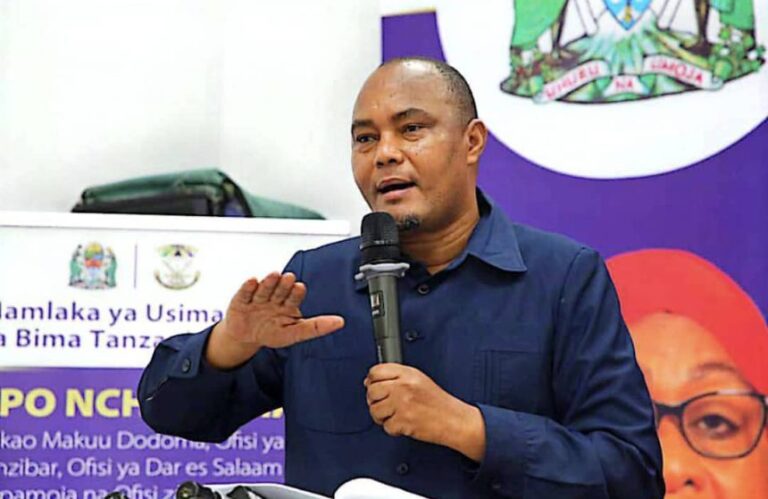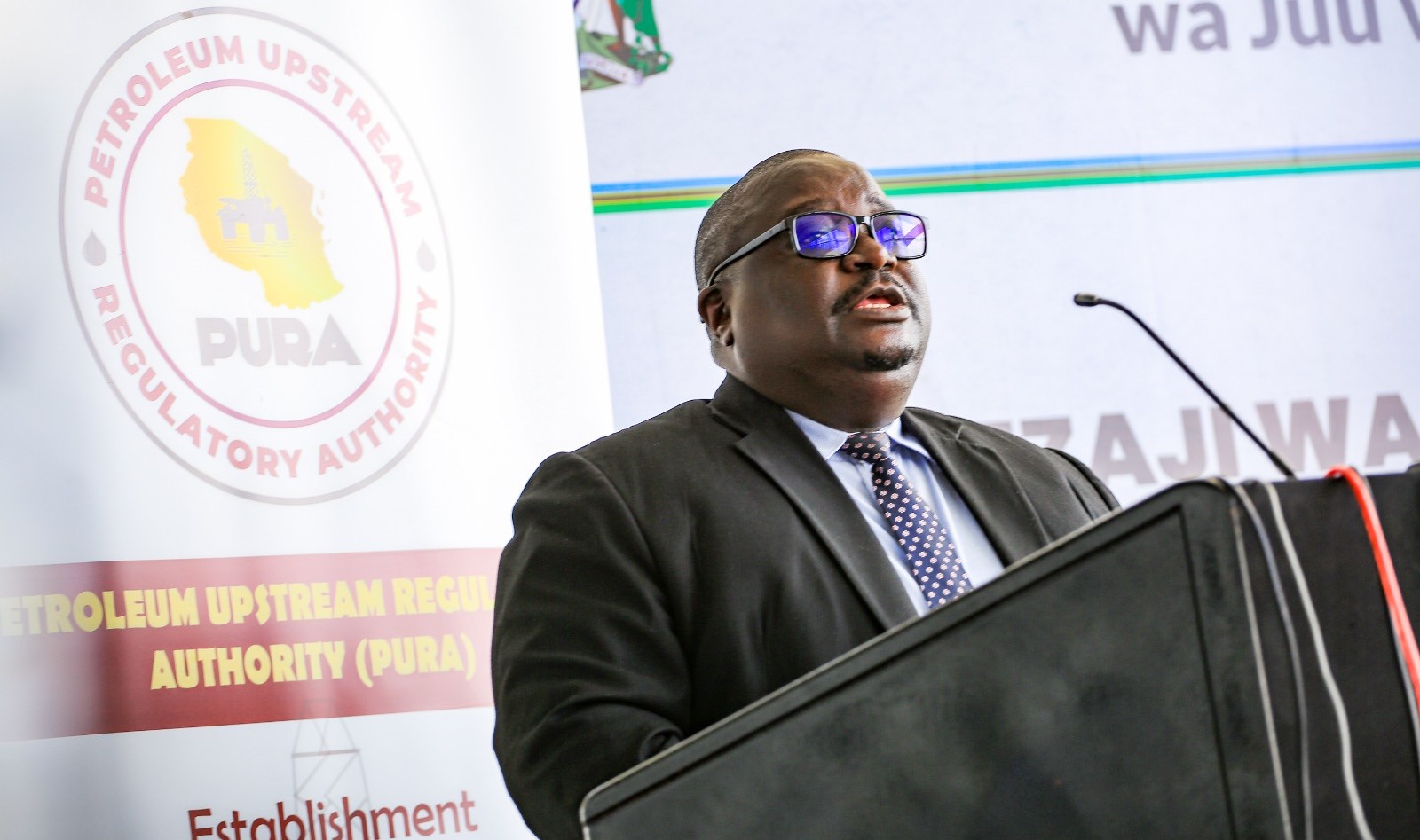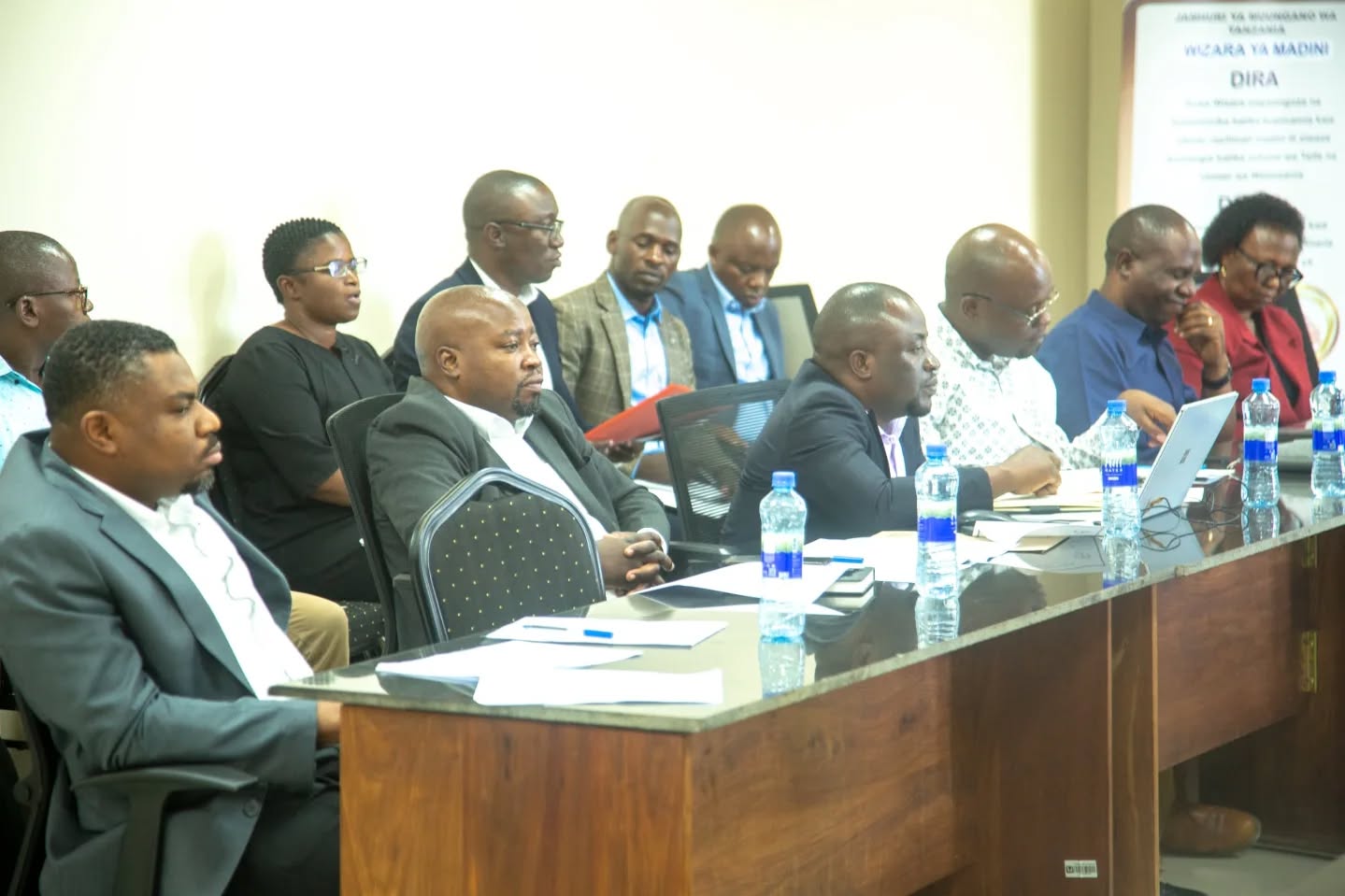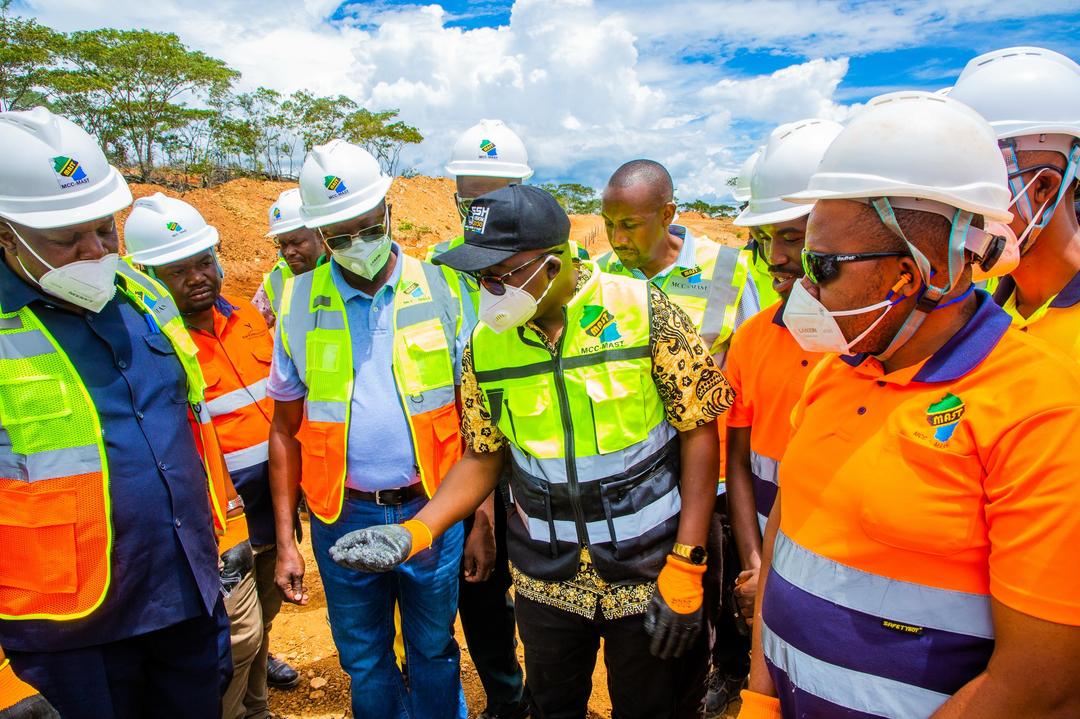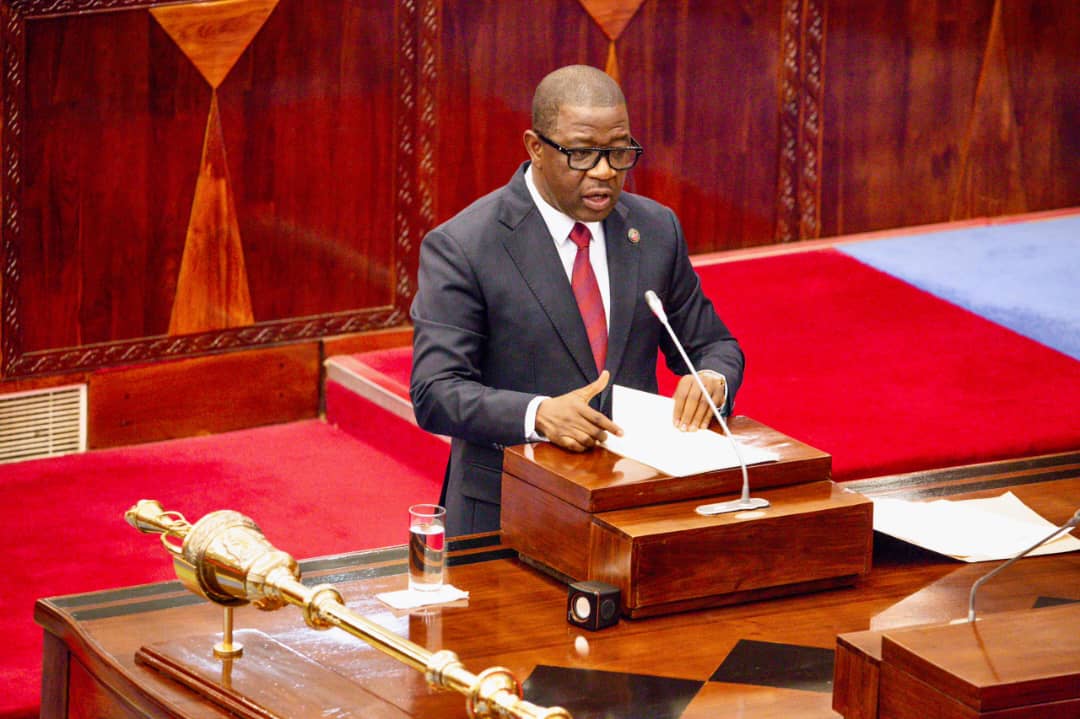Dar es Salaam. In a strategic move to bolster key economic pillars and reduce reliance on foreign firms, the Tanzanian government has launched dedicated insurance consortia for the agriculture, oil and gas sectors.
This initiative aims to improve project sustainability, protect vital infrastructure, and drive economic growth by ensuring that financial losses from unforeseen events can be effectively managed.
Speaking at a recent working session between the Editors’ Forum and the Tanzania Insurance Regulatory Authority (TIRA), organised by the Registrar of Treasury, TIRA Commissioner Dr Baghayo A. Saqware explained the rationale behind the new schemes.
The Agriculture Consortium
The agricultural insurance consortium, a partnership of 15 insurance companies, has pooled significant capital to provide financial compensation to farmers for losses caused by events like natural disasters and pest infestations.
This initiative is a crucial part of the government’s broader strategy to support citizens and ensure the stability of the food production sector.
Dr Saqware noted that the consortium is already making an impact, citing examples of payouts to tobacco farmers in the Tabora region who suffered losses from heavy rainfall, as well as to cotton farmers whose crops were damaged by pests.
By mitigating these risks, the government hopes to encourage greater investment and productivity within the agricultural sector.
This effort is particularly significant in a country where agriculture is the backbone of the economy, employing a large portion of the population and contributing substantially to the GDP.
The consortium is designed to offer a safety net that has historically been lacking for many smallholder farmers, making the sector more resilient to climate-related shocks.
The Oil and Gas Consortium
In parallel, the government has established an oil and gas consortium with a collective investment from more than 22 companies.
This consortium is designed to ensure that local firms can participate more actively in Tanzania’s burgeoning energy sector, which has traditionally been dominated by large international corporations.
“The consortium allows local companies to participate in oil and gas business, a domain previously dominated by foreign firms. Through this partnership, Shell and its affiliates are expected to engage actively in Tanzania’s oil and gas economy,” Dr Saqware said, noting that the government deserves recognition for endorsing the initiative.
Dr Saqware highlighted that this partnership would enable local companies to engage in a domain previously inaccessible to them, ensuring that the benefits of Tanzania’s natural resources are shared more widely.
He specifically mentioned that foreign energy giants, such as Shell and its affiliates, are expected to engage actively within this new framework, creating a collaborative environment that leverages both local expertise and international investment.
This move aligns with the government’s push for “local content” policies, which seek to maximise the participation of local businesses and citizens in major economic projects.
Tanzania has made significant natural gas discoveries in recent years, and this consortium is a proactive step to ensure domestic firms are prepared to play a central role in the sector’s future.
A Push for Economic Resilience
The establishment of these consortia is part of a wider government strategy to create a more resilient and self-sufficient economy.
Dr Saqware also mentioned efforts to strengthen ICT systems across public institutions, noting that President Samia Suluhu Hassan has directed 30 institutions to be integrated into a unified system to boost coordination and efficiency.
Taken together, these initiatives reflect a strategic push to create robust domestic capacity, protect key sectors from economic shocks, and ensure that Tanzania’s economic growth benefits a wider range of its citizens and businesses.

